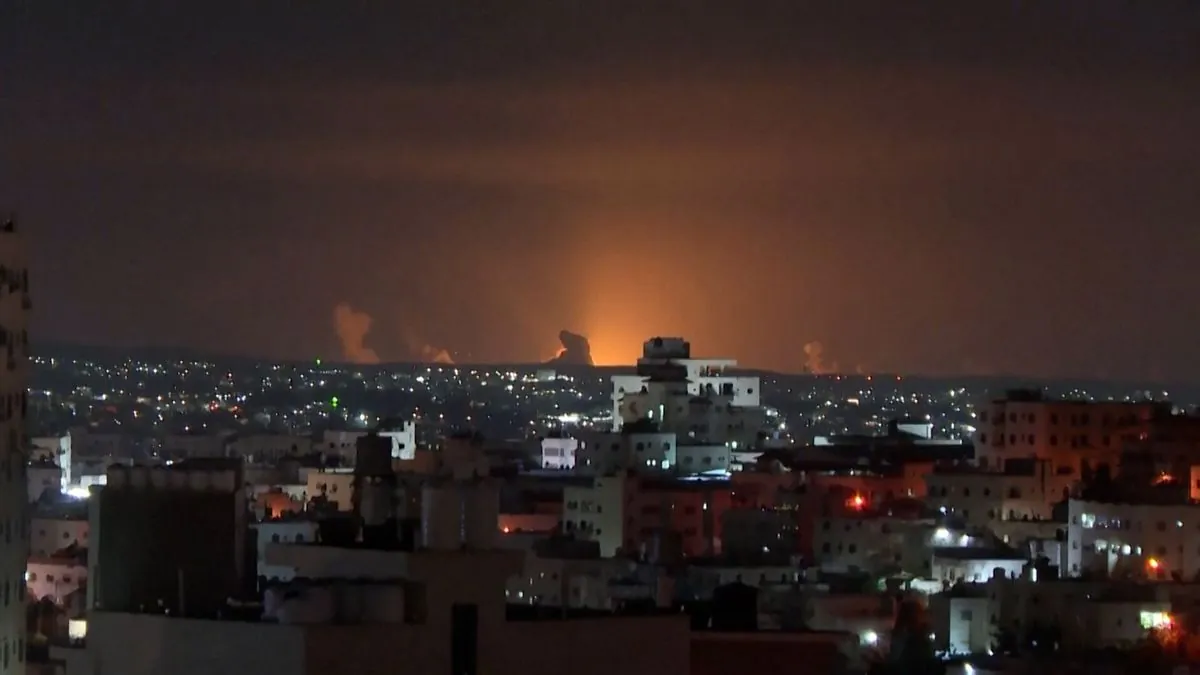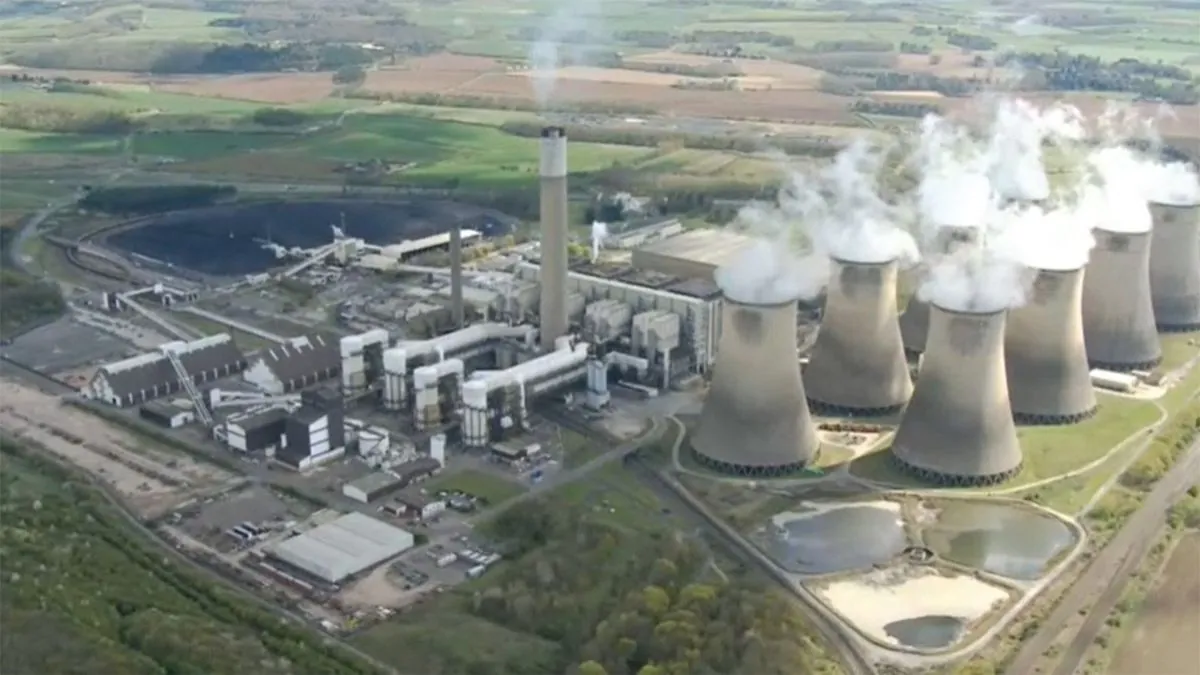Iran Launches Massive Missile Strike on Israel, US Vows Consequences
Iran fired approximately 200 missiles at Israel, including hypersonic weapons, in retaliation for recent assassinations. The US promises severe repercussions as tensions escalate in the Middle East.

On October 1, 2024, Iran launched a significant missile attack on Israel, marking a dramatic escalation in Middle East tensions. Approximately 200 missiles, including hypersonic weapons, were fired at Jerusalem and Tel Aviv, illuminating the night sky with explosions and interceptions.
The Iranian Revolutionary Guard Corps (IRGC), established in 1979, claimed the attack was in response to recent assassinations, including that of Hassan Nasrallah, the leader of Hezbollah, a Lebanese Shiite organization. This assault represents a substantial increase in hostilities compared to a previous strike in April 2024.
Jake Sullivan, the White House National Security Advisor, stated:
"We have made clear that there will be consequences, severe consequences, for this attack, and we will work with Israel to make that the case."
Israel's advanced Iron Dome defense system, which selectively intercepts missiles headed for populated areas, successfully neutralized most of the incoming projectiles. The Israeli Defense Forces (IDF), known for its technological prowess, reported no casualties from the missile barrage.
However, a simultaneous terrorist attack in Jaffa, an ancient port city now part of Tel Aviv, resulted in eight fatalities. This coordinated assault has heightened concerns about the potential for wider conflict in the region.
Benjamin Netanyahu, the Israeli Prime Minister, had previously warned of Israel's far-reaching capabilities. The nation's fleet of F-35 stealth fighters, based at Nevatim air base, remains a potent deterrent against regional threats.
International leaders, including Sir Keir Starmer, have called for de-escalation. The UK's emergency Cobra committee convened to address the crisis, while the US deployed naval destroyers in the Mediterranean Sea to assist in missile interception.
The attack has reignited debates about Iran's nuclear program, centered around facilities like the Natanz uranium enrichment site. Some Israeli officials are advocating for strikes on these installations, potentially further destabilizing the region.
As tensions mount, the international community watches closely. The United Nations Security Council Resolution 1701, adopted in 2006 to end hostilities between Israel and Lebanon, faces new challenges. The ongoing blockade of the Gaza Strip since 2007 adds another layer of complexity to the volatile situation.

With both sides poised for potential further action, the world holds its breath, hoping for diplomatic solutions to prevail in this increasingly precarious standoff.


































